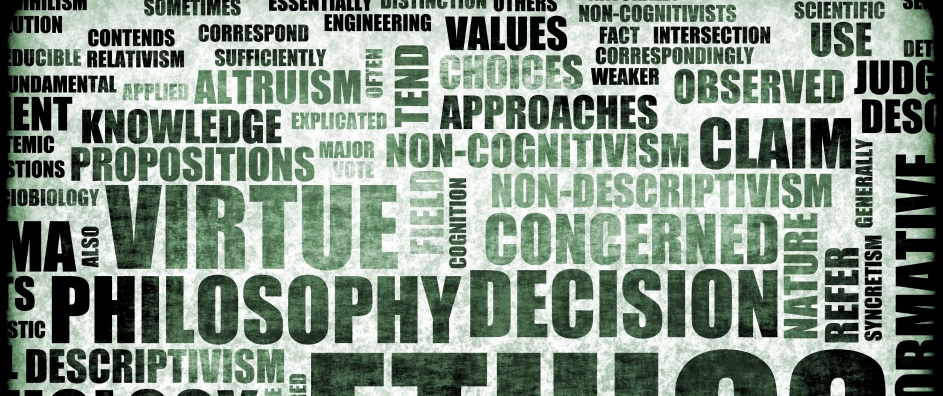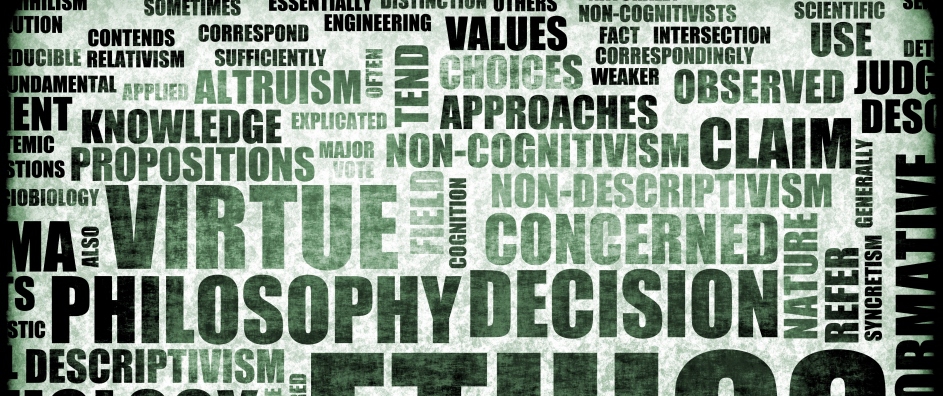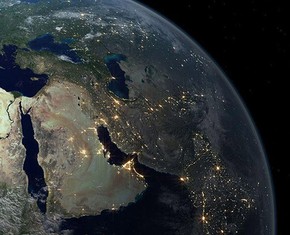The views expressed in our content reflect individual perspectives and do not represent the authoritative views of the Baha'i Faith.
 The values of a country’s ruling elite and the level of participation of citizens in managing their collective affairs together have a powerful, inherent connection. In the many countries that have suffered from “elite capture”, the instruments of state are used to siphon off the country’s wealth to serve those in power rather than to benefit the broader population. However, where more responsible leadership exists, and where some transparency and accountability in governance occurs at all levels, the public’s voices increasingly influence the country’s rulers, and the nation’s resources are more likely to be used to serve the social good.
The values of a country’s ruling elite and the level of participation of citizens in managing their collective affairs together have a powerful, inherent connection. In the many countries that have suffered from “elite capture”, the instruments of state are used to siphon off the country’s wealth to serve those in power rather than to benefit the broader population. However, where more responsible leadership exists, and where some transparency and accountability in governance occurs at all levels, the public’s voices increasingly influence the country’s rulers, and the nation’s resources are more likely to be used to serve the social good.
The second critical category in Abdul-Baha’s statement involves the “consummate skill and statecraft of the governing authorities” – which I take to refer to the performance of politicians, technocrats and their institutions. Many Baha’is and like-minded friends who work in fragile states, even in those that suffer from elite capture and corruption, have met and worked with capable officials and individuals who have the people’s needs at heart. The Baha’i Writings exalt and honor such leaders:
We cherish the hope that the light of justice may shine upon the world and sanctify it from tyranny. If the rulers and kings of the earth, the symbols of the power of God, exalted be His glory, arise and resolve to dedicate themselves to whatever will promote the highest interests of the whole of humanity, the reign of justice will assuredly be established amongst the children of men, and the effulgence of its light will envelop the whole earth. – Baha’u’llah, Gleanings from the Writings of Baha’u’llah, p. 218-219.
These well-intentioned technocrats, managers and leaders do what they can within their “lamentably defective” systems to serve the public, and deserve all the formal and informal support they can get. I have learned much from the many I have worked with over the years, particularly from their insiders’ perceptions of their social and political systems.
 Working on projects in Afghanistan and Yemen, for example, I have had two objectives: to do what I was being paid to do, and also to consistently support and encourage the cadre of future leaders of the country, a cohort of middle-level leaders and administrators aged between about 25 and 35, who sincerely try to do what they can to foster the country’s progress. One example of many is the young locally hired colleague I mentioned earlier who carried out the series of religious leaders’ roundtables – he has been asked to conduct more of these sessions, which are likely to have significant beneficial effect on his country.
Working on projects in Afghanistan and Yemen, for example, I have had two objectives: to do what I was being paid to do, and also to consistently support and encourage the cadre of future leaders of the country, a cohort of middle-level leaders and administrators aged between about 25 and 35, who sincerely try to do what they can to foster the country’s progress. One example of many is the young locally hired colleague I mentioned earlier who carried out the series of religious leaders’ roundtables – he has been asked to conduct more of these sessions, which are likely to have significant beneficial effect on his country.
With such high-minded and altruistic leaders in place it becomes possible to use project-related work to help introduce policies and procedures likely to elicit positive behavior from individuals. The Baha’i principles encourage legislation and procedures that make it more likely that women and other marginalized groups will have equity of access to opportunity in the society, participatory, grassroots strategic planning processes, and results-oriented employee performance management and evaluation systems that are based on consultation and justice in the workplace.
As time passes, as these new and more inclusive and just practices become commonplace, and as any predatory elites in power move off the scene, these systems will be ready to be applied by the more socially-conscious younger generation of leaders who will hopefully have retained their values when their turn comes to run the country.
Read the next article in the series: Self-Determination and a United World
Read the previous article in the series: Effective Leadership for Troubled Countries
















Comments
Sign in or create an account
Continue with Googleor